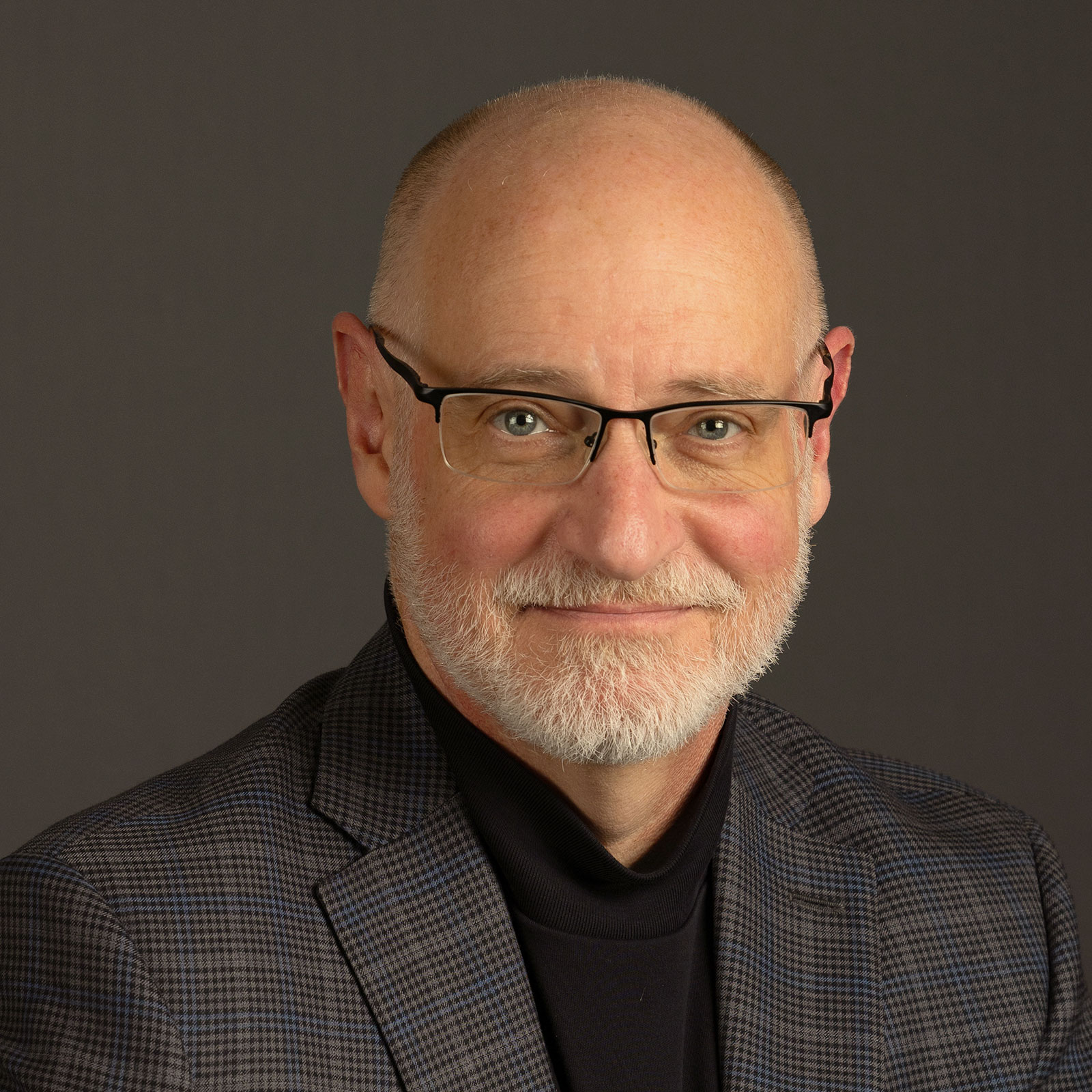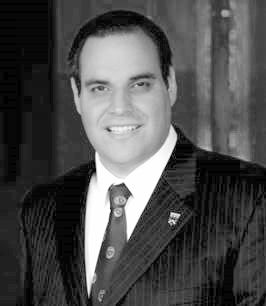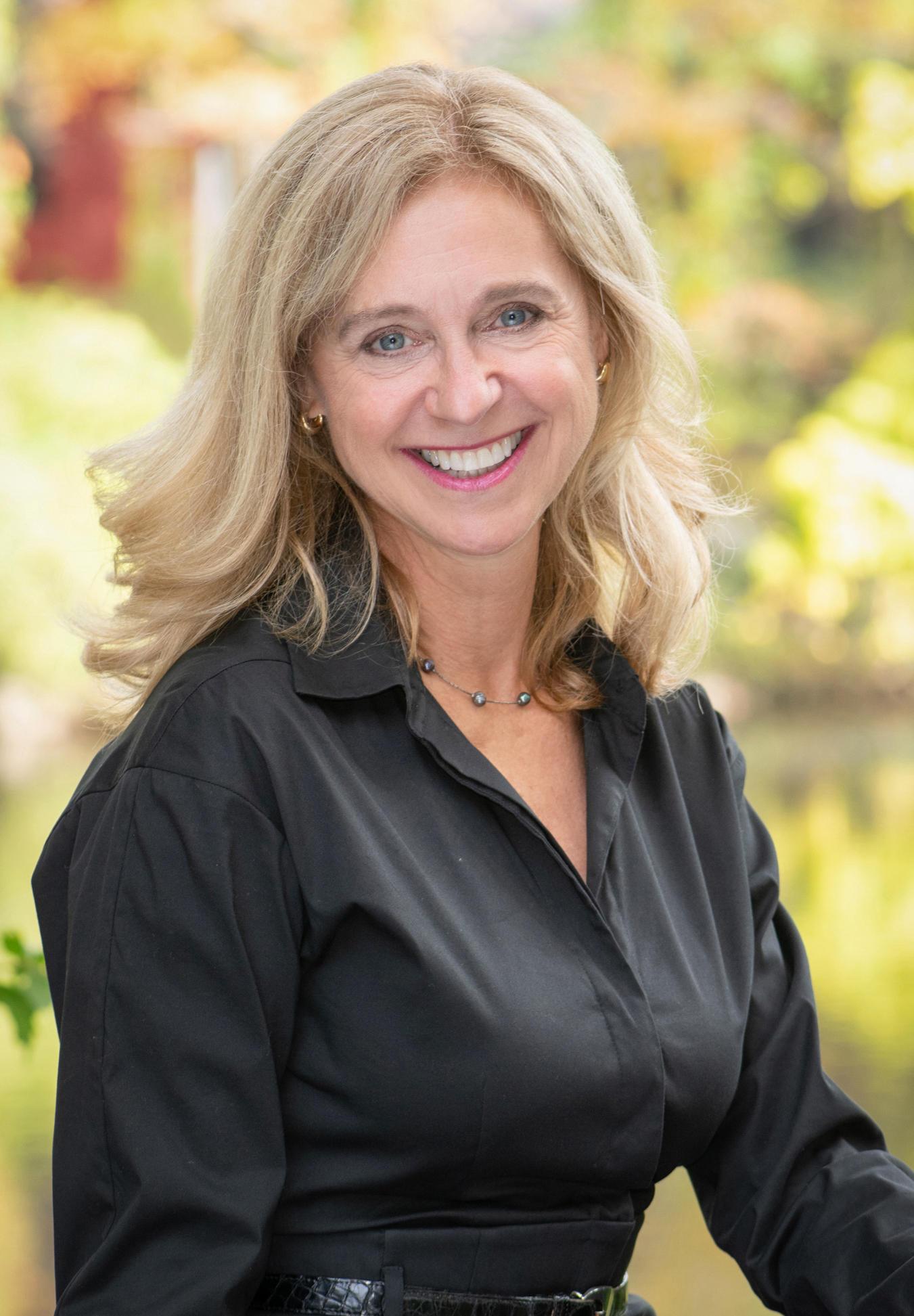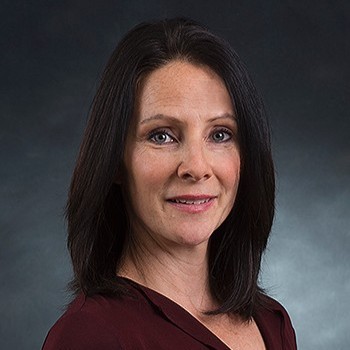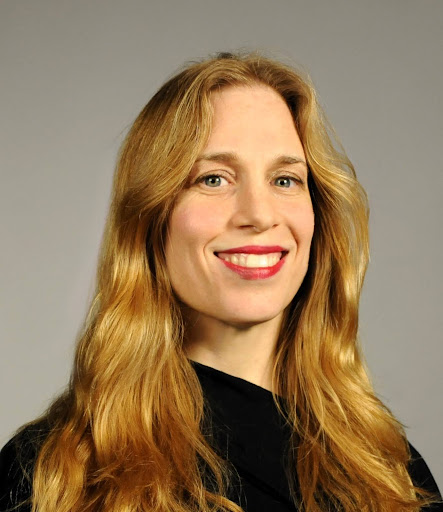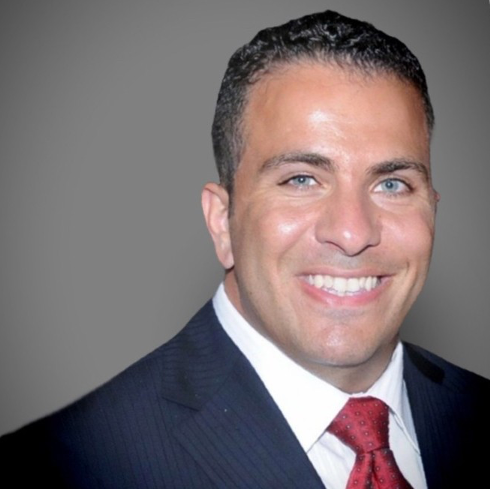Program Overview
Ever organizations around the globe — corporate, nonprofit, governmental, and consulting — are committing to environmental action. And they are increasingly practitioners with the specialized knowledge needed to overcome diverse challenges to lead in implementing more sustainable practices.
In our Sustainability Graduate Program, you’ll build the expertise you need to take on such critical roles. Through engaging coursework and either a thesis or capstone, you’ll:
- Learn to ideate and develop innovative, practical, and equitable solutions to the challenges posed by climate change and environmental threats.
- Cultivate a mastery of the science, policies, technologies, and financial models that define sustainability.
- Gain confidence in your analytical research skills and build leadership competencies to serve you in any professional setting, from corporate to grassroots.
Program Benefits
-
Customizable path, stackable certificates, and experiential learning
-
Entrepreneurial opportunities through the Harvard Innovation Labs
-
Personalized academic and career advising
-
Optional faculty research and internship opportunities
-
Student community through the Harvard Extension Student Environmental Club
-
Harvard Alumni Association membership upon graduation
Customizable Course Curriculum
The 12-course Sustainability Graduate Program is designed to help you develop practical skills that you can apply immediately in your career.
Core courses focus on learning research methodologies and building sustainability-specific skill sets around development, design, and management. Our comprehensive selection of elective courses enables you to tailor your program to your personal or industry-specific interests.
Sample core courses include:
- Analytical Methods in Sustainability
- The Carbon Economy: Calculating, Managing, and Reducing Greenhouse Gas Emissions
- Life Cycle and Supply Chain Sustainability Assessment
- Principles and Practice of Climate Change Negotiations
- Water Resources Policy and Watershed Management
- Fundamentals of Sustainable Investing
Your thesis or capstone project will allow you to apply these skills to a real-world problem.
11 Online Courses
- Primarily asynchronous
- In the fall, spring, January, and summer
On-Campus Experience
You’ll complete 1 course in person at Harvard, at either an accelerated or standard pace:
- An online course with an intensive weekend on campus in fall or spring (capstone track only)
- 3 weeks in a summer or January session
Capstone or Thesis Track
- Thesis: features a 9-month independent research project with a faculty advisor
- Capstone: includes crafting a consulting or independent research project in a classroom community
Admissions
The path to your degree begins before you apply to the program.
First, you’ll register for and complete two courses for admission, earning at least a B in each. These foundational courses are investments in your studies and count toward your degree. You also have the option to pursue an alternative admission pathway: the MITx MicroMasters® Program Pathway.
Preview the Admission Courses
ENVR E-101 Proseminar: Introduction to Graduate Studies in Sustainability and Global Development
ENVR E-210 Analytical Methods in Sustainability
Next Start Term: Spring 2025
Enroll for your first admission course this spring. Course registration is open through January 23, 2025.
Explore the degree requirements, confirm your initial eligibility, and learn more about our unique “earn your way in” admissions process.
Earn a Stackable Certificate
As you work your way toward your master’s degree, you can take courses that also count — or “stack” — toward a graduate certificate. It’s a cost-effective, time-saving opportunity to build specialized skills and earn more professional credentials.
For each certificate, you can choose courses that best fit your goals.
Stackable graduate certificates include:
A Faculty of Sustainability Experts
Studying at Harvard Extension School means learning from the world’s best. Our instructors are renowned experts in renewable energy, sustainable communities, economics, decarbonization, and more. They bring a genuine passion for teaching, with students giving our faculty an average rating of 4.5 out of 5.
Featured Faculty
-
![Michael Mortimer.]()
Michael Mortimer
Director, Sustainability and Global Development Practice Programs
Teaches Proseminar: Introduction to Graduate Studies in Sustainability and Global Development
-
![]()
Ramon Sanchez
Chief Knowledge and Innovation Officer, The Alliance for Tribal Clean Energy
Teaches courses on renewable energy, sustainable product design, & innovation
-
![]()
Linda Powers Tomasso
Research Associate, Harvard T.H. Chan School of Public Health
Teaches Analytical Methods in Sustainability
-
![]()
Jennifer Cole
Associate Professor of Liberal Arts, Massachusetts College of Art and Design
Teaches human health and sustainability, and natural disasters
-
![Nora Libertun]()
Nora Libertun
Head of Knowledge in Urban Development and Housing, Inter-American Development Bank
Teaches Sustainable Cities
-
![Ahmad Antar.]()
Ahmad Antar
Founder of Digital Emissions
Teaches Harnessing Artificial Intelligence for a Sustainable Future
Our Community at a Glance
Our students in the Sustainability Master’s Degree Program are established professionals looking to deepen their expertise and advance their careers. About half have professional experience in the field and all work across a variety of industries — including non-profit management, consumer goods, communications, pharmaceuticals, and utilities.
-
37
Average age
-
1–2
Courses Taken Each Semester
-
76%
Work Full Time
-
97%
Would Recommend the Program
-
49%
Professional Experience in the Field
-
Most
Pursued for Career Change
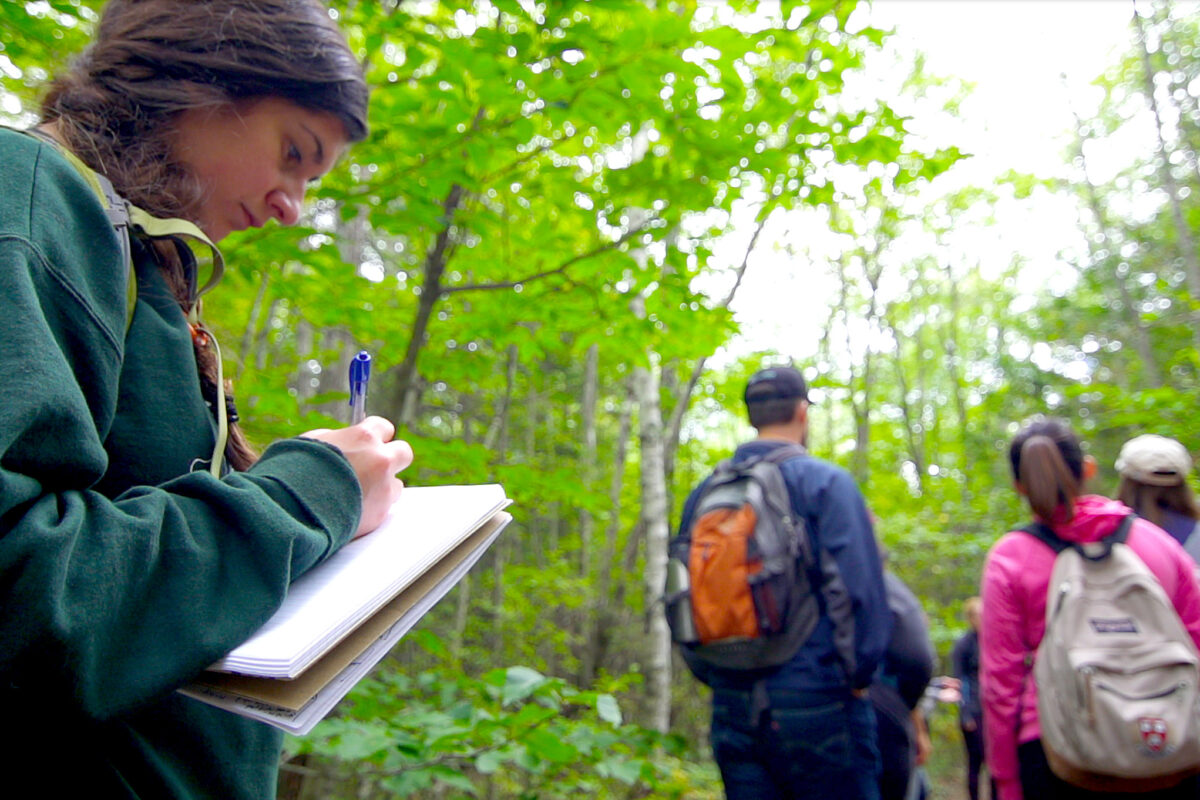
Career Opportunities & Alumni Outcomes
Graduates of our Sustainability Master’s Program work in the fields of transportation, hospitality, renewables, public policy, biotechnology, civil engineering, venture capital, and more.
Some alumni continue their educational journeys and pursue further studies in other nationally ranked degree programs, including those at the University of Birmingham, New York University, University of Edinburgh, Georgetown University, Bar-llan University, University of Zurich, Tufts University, Cornell University, and Harvard University’s T.H. Chan School of Public Health.
Our alumni hold such titles as:
- Senior Manager of Corporate Sustainability (Fortune 100 Corporation)
- Advocate for Clean Energy Transmission (US Government Agency)
- Consultant of Climate & Sustainability (International NGO)
- International Climate Researcher (International Consulting Firm)
- Program Director of Land Management (US-based NGO)
- Communications Director of Energy and Environment (International News Agency)
- CEO/Founder of Sustainable Investments Start-up
- Owner of Real Estate Development Firm
Our alumni work at a variety of leading organizations, including:
- Aetna
- Bank of America
- FedEx
- GE
- The Nature Conservancy
- Trip Advisor
- United Nations
Career Advising and Mentorship
Whatever your career goals, we’re here to support you. Harvard’s Mignone Center for Career Success offers career advising, employment opportunities, Harvard alumni mentor connections, and career fairs like the online All Ivy Environmental and Sustainable Development Career Fair.
Your Harvard University Degree
Upon successful completion of the required curriculum, you will earn the Master of Liberal Arts (ALM) in Extension Studies, Field: Sustainability.
Expand Your Connections: the Harvard Alumni Network
As a graduate, you’ll become a member of the worldwide Harvard Alumni Association (400,000+ members) and Harvard Extension Alumni Association (29,000+ members).

The flexibility of my education allowed me to adapt and explore different areas of concern, deepening my understanding of systemic problems and their interconnectedness. ... [My capstone project] focused on advancing an equitable and resilient transition to renewable energy in Ukraine.
Tuition & Financial Aid
Affordability is core to our mission. When compared to our continuing education peers, it’s a fraction of the cost.
| Our Tuition (2024–25 rate) | $3,340 per course |
|---|---|
| Average Tuition of Peer Institutions | $4,330 per course |
| Average Total Cost | $40,080 |
After admission, you may qualify for financial aid. Typically, eligible students receive grant funds to cover a portion of tuition costs each term, in addition to federal financial aid options.
Learn more about the cost of attendance.
Sustainability Programs Coffee Chat (On Demand)
Hear from staff, students, and alumni in our informational webinar about the Sustainability and Global Development Practice programs.

FAQs
How Long Does It Take to Complete the Sustainability Graduate Program?
Program length is ordinarily anywhere between 2 and 5 years. It depends on your preferred pace and the number of courses you want to take each semester.
For an accelerated journey, we offer year round study, where you can take courses in fall, January, spring, and summer.
While we don’t require you to register for a certain number of courses each semester, you cannot take longer than 5 years to complete the degree.
What Can You Do With a Master’s Degree in Sustainability?
With a master’s degree in sustainability, you’ll gain the knowledge and flexibility to advance your career while positively impacting the environment.
You might choose to help your organization reduce its carbon footprint, design environmentally friendly products, reduce wasteful packaging, or develop a more sustainable supply chain. You could also help ensure ethical corporate governance or align your organization’s business practices with the interests of stakeholders and customers. For more details, read our blog post What You Can Do with a Master’s in Sustainability.
If you’re interested in working on sustainability at a global level, a focused program on global development practice may be beneficial. Read our blog post Sustainability vs. Global Development Practice — Which One is Right for You?
Is a Degree in Sustainability Useful?
A graduate degree in sustainability allows you to pursue your passion while bringing about positive change. Careers in sustainability are rarely linear, meaning you can create your own path.
You may want to bring sustainability to a specific industry you know well, such as fashion or finance. Or, you could apply your unique skills — such as urban planning, eliminating packaging waste, or food sustainability — to one of many industries.
Is a Career in Sustainability a Smart Choice?
As the fight against climate change grows more urgent, governments, nonprofits, and businesses increasingly need employees with green skills. In fact, the number of jobs in sustainability is quickly outpacing the supply of individuals with the relevant qualifications.
Adding a master’s in sustainability to your resume may give you a competitive advantage in this job market — while helping you play a vital role in keeping our planet healthy.

